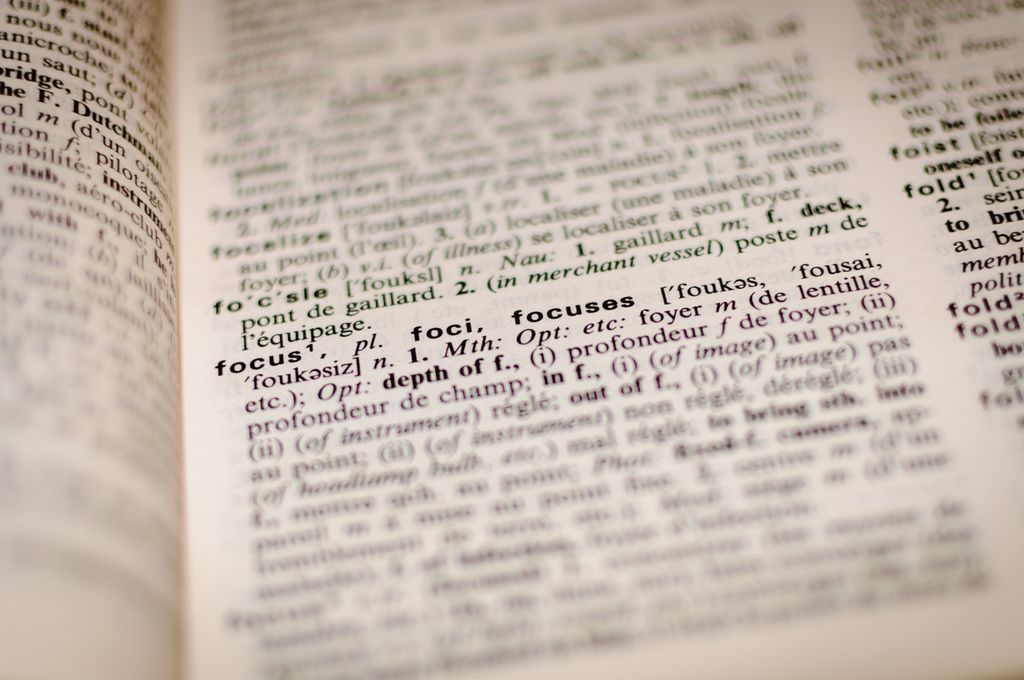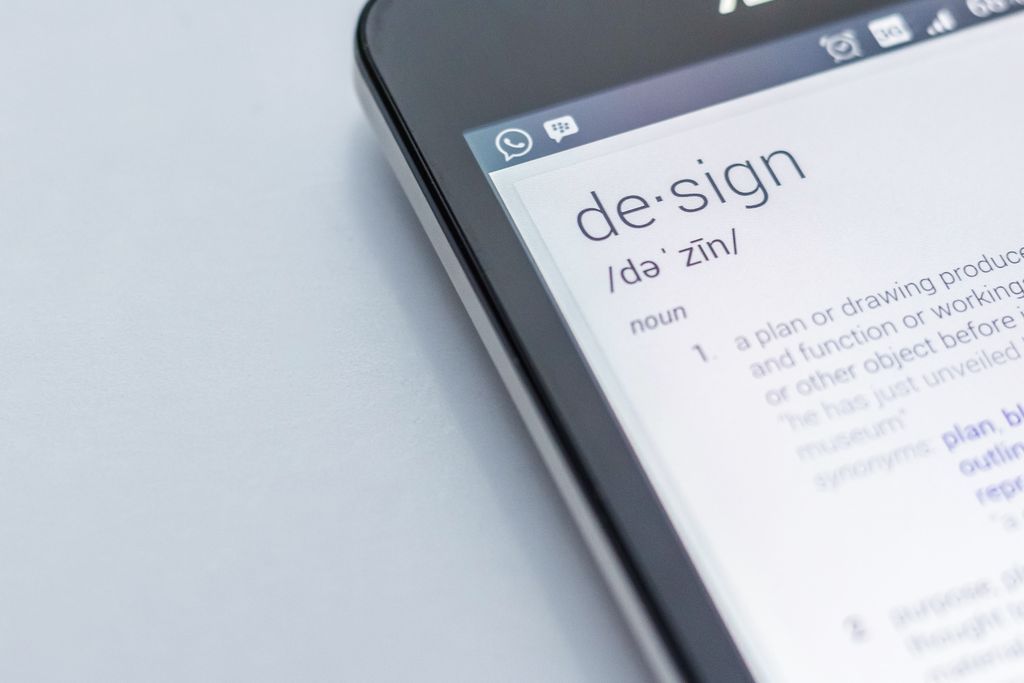
How Are Words Added to the Dictionary?
Last month, Merriam-Webster announced that 530 new words have been added to the dictionary. Among them are new meanings of existing words, such as “they” as a nonbinary pronoun, “free solo” (as a climber, this is particularly exciting to me), “Bechdel Test,” and “dad joke.”
How, exactly, are these new words added? What criteria does a word have to meet in order to find its way into the Book of English Words?
When Webster’s Dictionary was first published in 1828 to standardize American English, it contained 70,000 words. The previous version of the dictionary, put together by Samuel Johnson in 1755, contained 40,000 words.
Today, the standard English language dictionary, such as the Oxford English Dictionary, contains over half a million words.
That’s…quite a jump.
Did we really have an 85% increase in the number of words in the English language? Yes and no. There’s never been an exact amount. Language is fluid and constantly changing, and the gathering of words became more robust, especially when the process became digitized. The point of a dictionary, after all, is to give the public a handy guidebook to find the meaning of words they come across, and learn how to use them in context. (Readers do this with books, too, we just learn the wrong pronunciations for new words we never heard out loud.)
I had a lot of questions about this process, so I reached out to Merriam-Webster to see if they could help me understand how far a word has to travel before the dictionary gives it a real home. Peter Sokolowski, a lexicographer (noun; a person who compiles dictionaries) at Merriam-Webster, chatted with me about the journey of a word, the research process for identifying new words, and how it is perfectly fine that words such as “wonderful” and “literally” gain a new meaning, no really.
How does a word get added to the dictionary?
“It has to have real penetration into the culture,” Sokolowski states. If the word is likely to be encountered by an average reader (average meaning the general public) across a number of easily accessible public sources, in non-niche or non-specialized spaces, used frequently, and no longer requires explanation in parenthesis or italics, then it may be ready for a proper definition in the Book of Definitions.
Let’s take the term “pain point,” added last month. Its first use was recorded in 1986, but it’s gained in popularity in the working world these last 5–10 years, particularly in finance, advertising, retail, etc. It’s also a specific compound word that requires its own definition, because looking up “pain” and “point” separately isn’t going to tell you what pain point means in this particular context, which is a persistent problem that aggravates customers that businesses try to solve for. It’s one of those business buzzwords that leaked into the overall culture, and so it earned a definition.
How long does the process take?
“Every word has its own tempo,” Sokolowski told me. “Its own pace, and its own time.” The lexicographers and editors at dictionaries like Merriam-Webster keep their own internal database of words they’ve been watching for years, paying close attention to new uses of words, brand new words in general, and how often they begin showing up in bigger, more widely accessible publications.
The timeline is typically a generation’s worth for a word to become ingrained in a culture: around 20–25 years. “Dad joke” has been around since the 1980s before its official indoctrination this year, yet the Bechdel Test, named after cartoonist Alison Bechdel, was coined in 2007 before its dictionary debut this year.
There are exceptions to this, however, especially in terms of how fast technology moves. The quickest turnaround for a single word? Four years. The word?
Blog.
“Technology requires a vocabulary,” Sokolowski explained. “There was no equivalent for the word blog [in 1999].” The dictionary (and our culture) had to respond to that immediate need to name the thing helping to shape the internet, and so blog was added in 2004.
Where do you word watch?
“We call it a corpus,” Sokolowski said (noun, 3.b: a collection or body of knowledge or evidence). “A searchable body of text.” (What he said.) “We search different kinds of corpora for every instance of a word; when it was first used, how frequent[ly] it’s used. Then we trace a word going back in time. A good lexicographer will keep going backward until you don’t find [the word] anymore.”
In addition to maintaining their own internal database, Merriam-Webster lexicographers also use sources such as Nexis to search online publications all over the world for word usage, as well as historical sources such as the National Archives to trace words back to earlier usages.
This approach is also enormously helpful when it comes to words where their meaning has changed over time, such as literally or fabulosity. Fabulosity is indicative of fabulousness, but terms meaning “fabulous” have changed since the word’s inception back in 1603. We know fabulous and its iterations to mean wonderful, marvelous, fantastic, but fabulous was first used to be mean “fable-like,” and the thing that is “fabulous” or has “fabulosity” is a thing that resembles or suggests a fable. I personally think that’s cooler, but when we hear “fabulous,” we don’t think of astonishing mythical tales, do we?
Probably because it is rarely used that way today and never gained popularity under that meaning (stop trying to make fetch happen, Gretchen; it’s not going to happen). Once its meaning shifted, gained traction in everyday language, and got so big we forgot what the word originally meant, it warranted a new definition (this is called semantic bleaching). Fabulous.
Has the word volume increased?
Yes, and primarily because the internet makes research loads easier than it used to be. “The pace of communication makes it feel like words are being “invented” more quickly,” says Sokolowski, “because the research can be done more quickly.”
Before lexicographers had the internet to mine for data on word usage, around one hundred words would be added once a year to the new print of the dictionary. Now, companies such as Merriam-Webster have had three releases of new words so far this year, totaling well over one thousand new words or new meanings of existing words.
Are words retired from the dictionary?
Only in print. The internet has endless space for words, so there’s no need to kick a word out of the cool kids dictionary club. To save space, words have always been removed from the print version of the dictionary. Certain compound words are not entered because their meaning is obvious (like apple juice), while others have been removed from the print edition, especially if it’s not commonly used (like crossbowman).
And there you have it. Lexicographers across the spectrum of dictionaries pay close attention to how loved words are by the general public, and they watch and monitor for years upon years before they’re sure that the word has staying power within that culture. And you know who drives the ebb and flow of words joining the dictionary?
You. Every human using a given language contributes to every word put in the dictionary.
Keep up the good work.
















